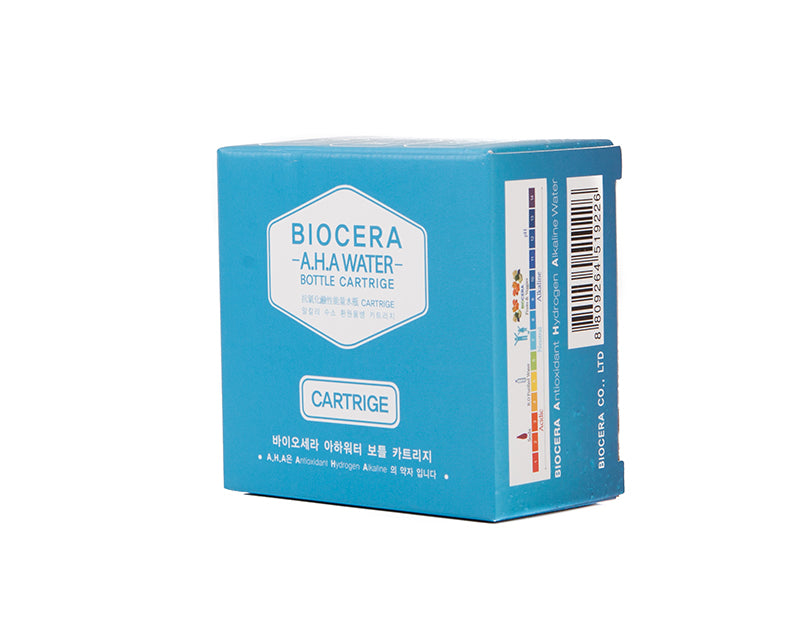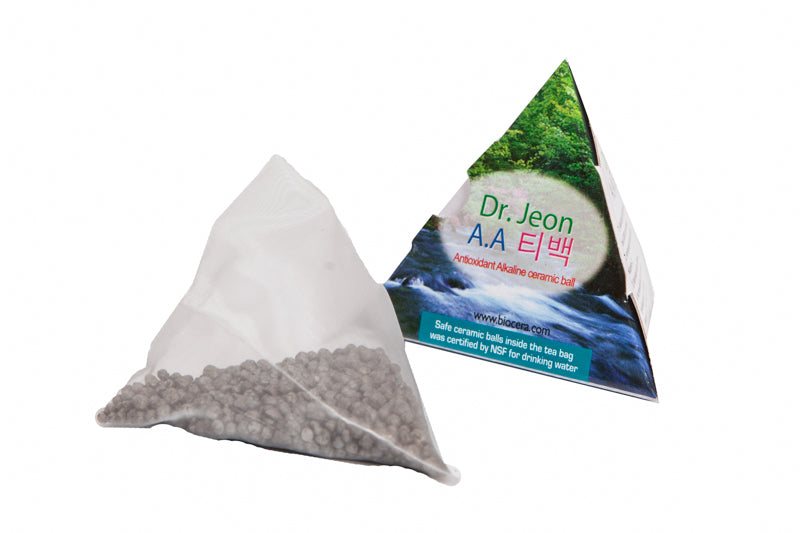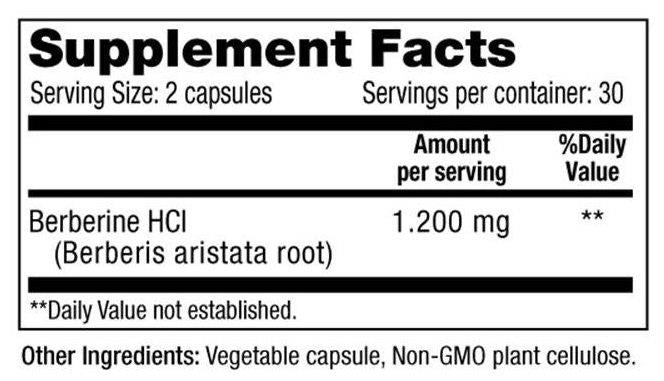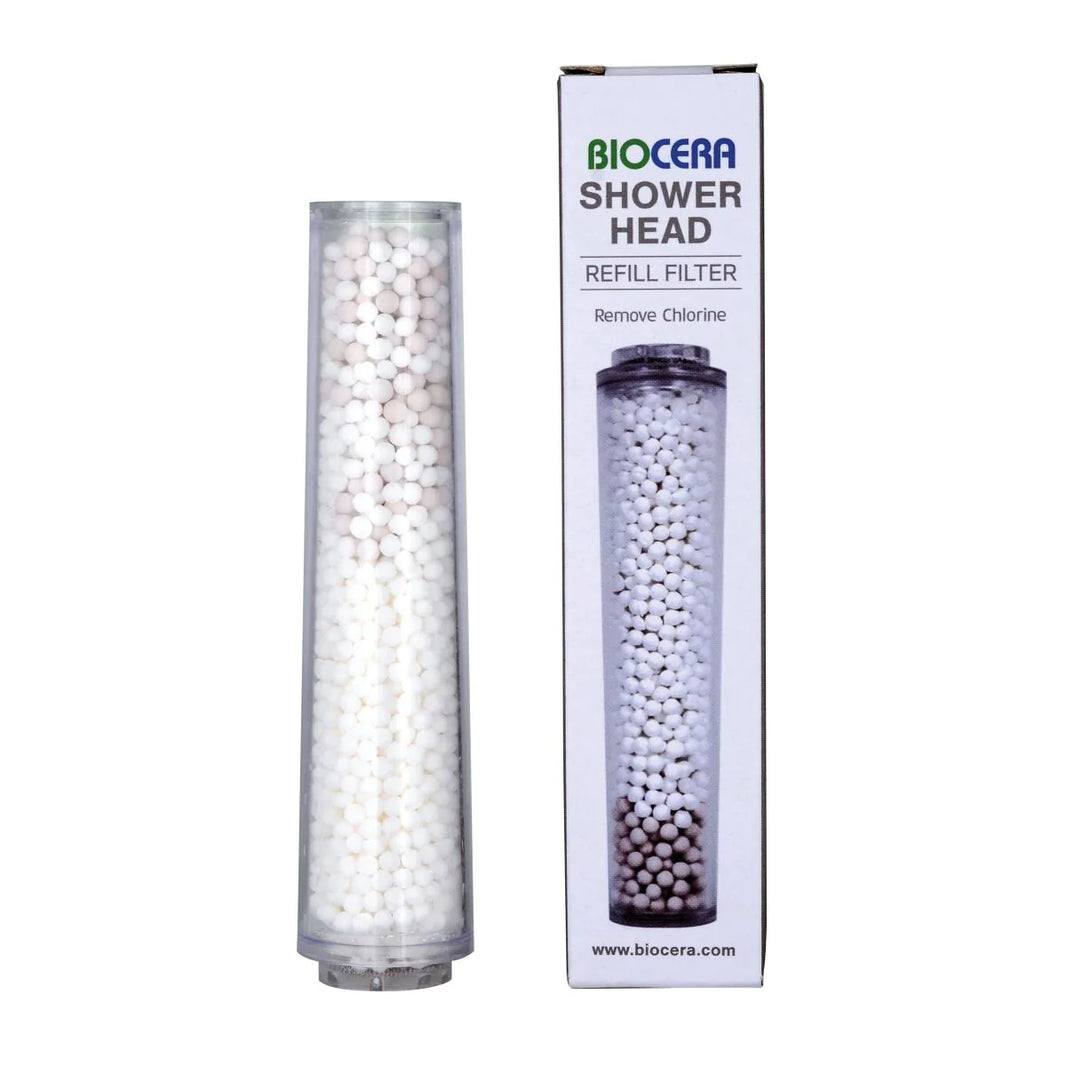Multivitamins and Minerals: Key Benefits for All Age Groups
In order for your body to operate properly, it needs food – and the assortment of vitamins and minerals contained therein.
We are often advised to source these ingredients from a balanced diet, and while we certainly agree with the principle, sometimes there is a need to supplement in order to meet our daily quotas. Particularly as soil depletion means our current crops are not nearly as nutritionally plentiful as they once were.
In this article, we’ll take a closer look at the vitamins and minerals we all need to achieve optimal health. We’ll also consider which nutrients are of particular concern for certain genders and age groups, and we’ll summarise the benefits of multivitamin and mineral supplementation where appropriate.
Let’s dive right in.
Vitamins and Minerals: An Overview
It’s no exaggeration to say that vitamins and minerals enable us to function, both physically and mentally.
Needed variously for bone growth and strength, blood flow, muscle contraction, digestion, immune health, cognition, cell development, energy maintenance and lots more, these nutrients are present in all sorts of foods: fruit, vegetables, meat, fish, dairy, nuts, pulses.
For those with certain health conditions, a higher emphasis is placed on the intake of specific vitamins or minerals.
For example, conditions such as digestive disorders, pernicious anaemia and rheumatoid arthritis seriously deplete vitamin B levels.
Pharmaceuticals such as antibiotics, beta blockers and proton pump inhibitors, meanwhile, deplete numerous nutrients including B vitamins, magnesium, calcium, vitamin C and antioxidant coenzyme Q10.
For the chronically ill and medication-dependent, it is absolutely vital to ensure a proper intake of health-promoting vitamins and minerals.
While there are 13 ‘essential’ vitamins split between fat-soluble (stored in the body for later use) and water-soluble (absorbed directly by cells), minerals are just as important.
However, these are also split into two groups: macrominerals, which the body requires in significant amounts, and trace minerals, where only small quantities are needed.
Below is a list of the ‘essential’ vitamins and minerals required by each of us, along with a brief summary of their functions in the body.
The trace minerals, incidentally, comprise iron, copper, zinc, manganese, iodine, cobalt, selenium and fluoride. Although they are needed in lesser amounts, the benefits of trace minerals are considerable.
Essential Vitamins: The Basics
Vitamin A
An important nutrient which contributes towards reproduction, vision, the immune system and skin, vitamin A also helps the body metabolise iron.
Although deficiency is uncommon in the western world, it remains the number one cause of preventable blindness in children.
Vitamin C
We tend to associate vitamin C (aka ascorbic acid) with orange juice, and intrinsically understand its value, but when you consider its wide-ranging duties it can be eye-opening.
As well as helping to fortify our immune systems, vitamin C contributes to collagen formation, protects gums and teeth, preserves psychological and nervous system function and is one of the primary antioxidants.
Vitamin D
Like vitamin C, the Sunshine Vitamin is mainly linked to immunity. Indeed, a report published in the BMJ suggests vitamin D3 supplements could spare three million Brits from colds or flu each year.
The nutrient, which is activated by UV rays, has many more extensive responsibilities though, helping us properly absorb calcium, maintain bone density and preserve muscles.
Vitamin E
In common with vitamins B2 and C, vitamin E is an antioxidant, helping to protect cells from free radical damage caused by pollutants, cigarette smoke, industrial chemicals and even normal metabolic processes.
Vitamin K
Principally responsible for two things – bone health and blood clotting (i.e. wound healing) – vitamin K is also associated with cardiovascular health.
Indeed, the 2004 Rotterdam study showed that the relative risk of CHD mortality was statistically reduced among those who consume at least 32mcg per day of vitamin K2. This included a 50% reduced risk of arterial calcification.
B Vitamins
There are no fewer than eight ‘essential’ B vitamins: B1, B2, B3, B5, B6, B7, B9 and B12. These water-soluble vitamins have numerous roles and functions, and some also work in synergy with one another.
Some, like vitamin B2, are antioxidants, while others such as B4 are needed to synthesise hormones.
To get acquainted with each in turn, check out our article What is Vitamin B? A Comprehensive Guide.
What are Macrominerals?
The seven macrominerals comprise calcium, phosphorous, magnesium, sodium, potassium, chloride and sulphur, and we need in excess of 100mg of each every day.
As with the aforementioned vitamins, macrominerals contribute to a range of body systems: everything from fluid balance and muscle function to digestion and bone strength.
The interesting thing is, many of the macrominerals work in tandem.
While calcium and phosphorous combine to keep bones and teeth healthy, potassium, sodium, magnesium and calcium unite to maintain fluid balance.
Certain subgroups of the population struggle to achieve a proper intake of macrominerals.
For example, men tend to have low potassium and magnesium (as well as the trace mineral zinc) while women struggle to obtain enough calcium (and trace minerals like iron and copper).
To learn more about the macrominerals, read our dedicated blog on the subject.
Important Vitamins and Minerals for Children
As mentioned at the outset, there are certain vitamins and minerals which are of particular importance to children.
The UK Department of Health recommends that all kids between the age of 6 months and 5 years be given vitamin supplements containing vitamins A, C and D every day (unless they’re getting more than 500ml of infant formula per day).
Vitamin A, as mentioned, is key for visual health. According to the World Health Organisation, it is also “essential to support rapid growth and to help combat infections… Vitamin A can be safely provided to children in a large dose, rather than more frequent smaller doses, as it can be stored by the body and released over time as needed.”
Vitamin C is similarly important for kids, as it helps to maintain the integrity of bones, teeth, gums and skin. It’s one of our most valued immune protectors, and can be effective in reducing the severity and duration of the common cold. Thankfully, vitamin C deficiency is extremely rare in developed countries.
We have specifically looked before at the benefits of vitamin D for babies and children, and it’s worth repeating the key points: infants come into the world with low vitamin D stores, and deficiency has been linked to cases of growth failure, bone softness, seizures and rickets.
Vitamin D offers valuable protection against common infections and chronic diseases. It is one of the immune system’s great defenders.
As for key minerals for young people, calcium and iron top the list: calcium because it’s a foundational building block of strong bones and teeth, and iron since it helps build muscle and promote immunity.
Key Vitamins and Minerals for Adults & Seniors
At the risk of simplifying the matter, all vitamins and minerals are important – and that’s why we’re repeatedly advised to eat a varied and balanced diet.
That said, there are certain nutrient levels that we should keep an eye on.
• Those with a family history of heart problems should prioritise magnesium, vitamins D and K, and vitamin B3.
• Women should pay close attention to their iron levels, not least because menstruation depletes the body’s reserves. Supplements are also advised during pregnancy due to the blood loss which occurs during delivery.
Speaking of pregnancy, vitamin B9 (aka folic acid) is an essential prenatal vitamin, as it prevents neural tube defects.
Finally, a 2018 study of 3,238 adults, aged 20-59, found that a particularly high percentage of women (24%) are susceptible to potassium deficiency.
• Since our ability to synthesise vitamin D decreases with age, seniors are at a heightened risk of deficiency.
Some – particularly those who shun dairy – may also benefit from calcium supplementation, specifically to prevent bone decay.
Other products typically recommended for elderly individuals include vitamin B12, omega-3 fish oil and coenzyme Q10.
• Vegans should supplement with iron. (Remember, vitamin C helps with iron absorption, so be sure to eat your citrus fruits and broccoli.) Non-meat eaters are also at risk of vitamin B12 and calcium deficiencies.
• Those who drink alcohol must be aware that, since it acts as a diuretic, it can provoke the excretion of stored minerals such as magnesium and calcium.
In fact, alcohol negatively impacts the absorption of most vitamins and minerals. The same is true of caffeine, which especially inhibits the absorption of magnesium, calcium, iron and B vitamins. Moderation is key.
• People who follow a low-fat diet suffer from poor absorption of fat-soluble vitamins which – the clue’s in the name – rely on fat for proper assimilation.
The fat-soluble vitamins are A, D, E and K. Eat good healthy fats (fatty fish, avocado, nuts etc) to assure optimal absorption. This 2010 paper looks at the prevalence of micronutrient deficiencies in popular diet plans.
While more studies are needed, the most common nutritional deficiencies for adults in the western world are probably magnesium, vitamin D, vitamin B12 and iron.
What About Multivitamin and Mineral Supplements?
Multivitamin and mineral supplements get a bad rap from the real food absolutists, but the fact is, they can be incredibly useful to plug gaps in your diet.
Or perhaps we should specify that good-quality supplements can be useful. After all, as in any industry there is no shortage of cheap products on the market, pills laden with synthetic ingredients and additives.
It can be overwhelming browsing the various multivitamins and mineral supplements on offer, and the mind-boggling terms on the labels: magnesium stearate, copper sulphate, zinc oxide, calcium carbonate, ferrous fumarate, manganese sulphate, beta carotene, etc.
In many cases, multivitamins and minerals may be unnecessary as you may already achieve 100% of your recommended daily allowance from food.
Perhaps if you need a supplement at all, it is one which contains an individual nutrient: iron, maybe, or vitamin D.
We are proud to stock a wide range of vitamin and minerals.
Of course, tablets aren’t your only option. You could elect to drink your nutrients instead, in the form of a greens blend. Maximum Vibrance is a great example.
Composed of nutritious vegetables, fruit and cereal grasses, one serving contains over 100% of your daily vitamin A, vitamin C, vitamin D3, vitamin E and four separate B vitamins (B1, B2, B6 and B12).
One serving also contains 50% of your daily iron and an assortment of trace minerals. Just add two scoops to water, shake and drink.
Best Time to Take Multivitamins and Minerals?
Is there an optimal time to take a multivitamin or a multimineral?
Well, as mentioned fat-soluble vitamins depend on fat for absorption – so if your supplement contains vitamins A, D, E and/or K, it’s best to take with a meal containing fat.
However, earlier in the day is generally best as some nutrients can stimulate brain function and impede sleep quality. Lunch might be optimal, since most people don’t eat much fat with breakfast.
The key thing – whether you’re taking chewable multivitamins and minerals, tablets or green blends – is to make it part of your daily routine.
Conclusion
Hopefully we have demonstrated the importance of obtaining sufficient vitamins and minerals from your daily diet. At any rate, it is continually surprising how many people overlook certain nutrients such as vitamin D and vitamin B12.
If you suspect you may be suffering from a nutritional deficiency of one kind or another, speak to your GP or dietitian. Shortfalls can set the stage for ill health, so it’s better to address them quickly before your wellbeing suffers.
In the meantime, do the simple things: eat up to 10 portions of fruit and vegetables per day, avoid unnecessary medication, keep an eye on your stress levels and ensure a healthy intake of probiotics, since those beneficial microbes help determine how many calories you get from food and which nutrients you derive from it.
Water for Health Ltd began trading in 2007 with the goal of positively affecting the lives of many. We still retain that mission because we believe that proper hydration and nutrition can make a massive difference to people’s health and quality of life. Click here to find out more.



























Leave a comment